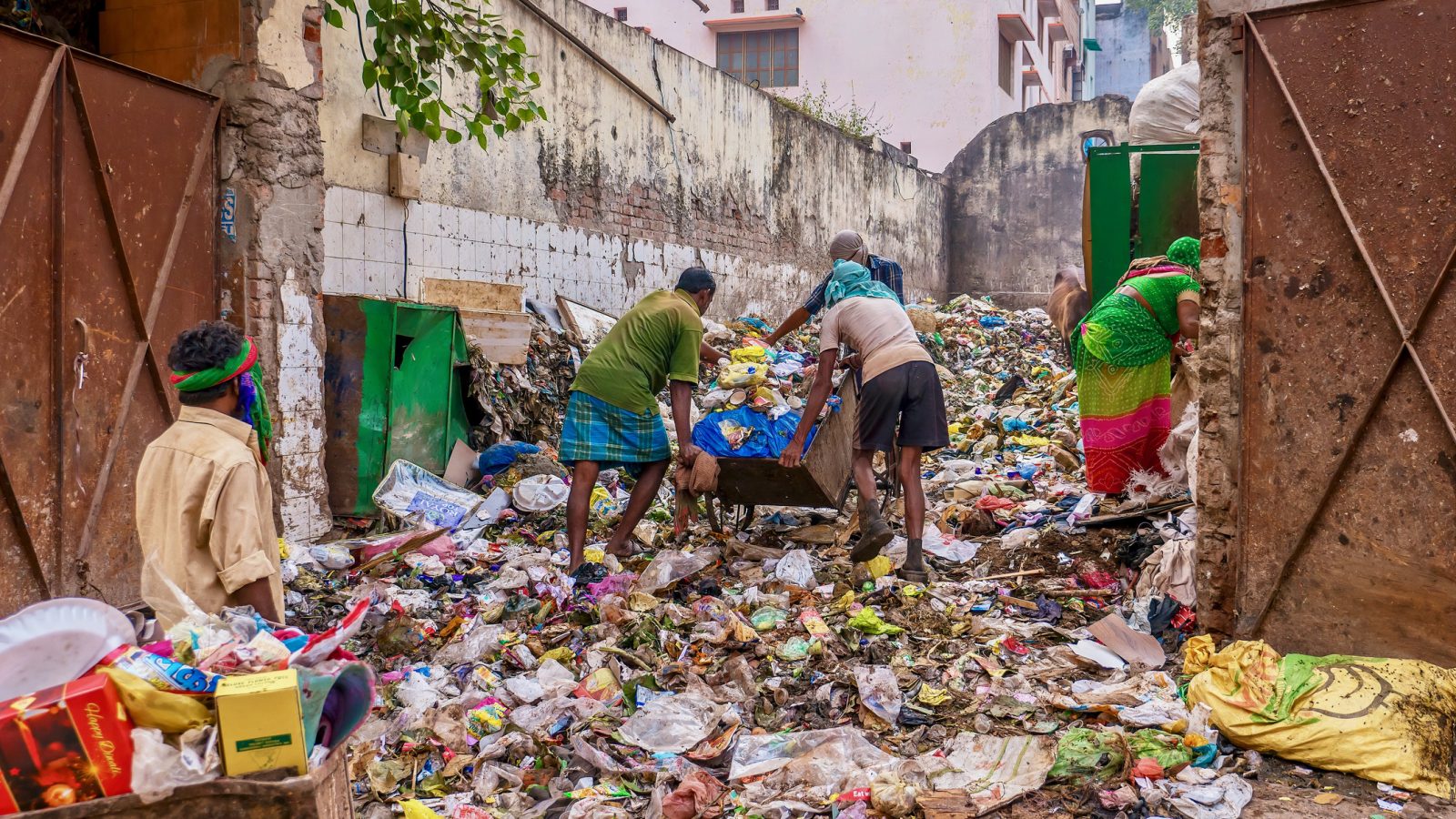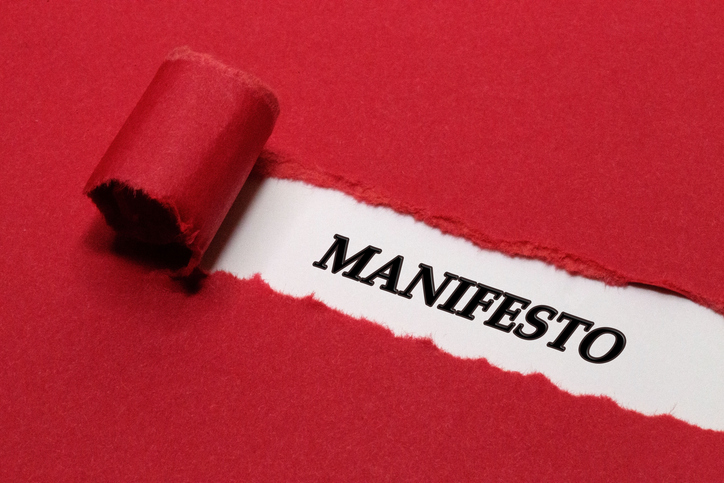
The Politics of Vaccination
India’s sanitation workers left out despite being frontline COVID-19 warriors
India’s medical professionals have received admittedly deserved attention for their heroic deeds during the Coronavirus pandemic, and are rightly going to be some of the first persons in India to receive the COVID-19 vaccinations. However, another category of workers who have also been putting their bodies on the line to enable India to contain and combat COVID-19 are its lakhs of solid waste management workers. The pandemic has increased the amount of hazardous and highly contaminated biomedical waste exponentially. India’s waste workers have had to collect, sort and dispose of this waste with vastly inadequate protective gear.
While the work of India’s waste workers continued unabated regardless of containment zones and lockdowns, it is dismaying to see that they find no mention as vaccination recipients in the ‘COVID19 Vaccination Guidelines’ recently released by the Ministry of Health and Family Welfare of India.
Biomedical waste and the lack of PPE
While India does have laws that mandate the safe disposal of biomedical waste as per the Biomedical Waste Management Rules, before Covid, these laws were confined to the disposal of biomedical wastes generated in medical facilities only. However, with COVID19 cases spiking alarmingly in the country and home quarantining becoming a norm for thousands of Covid positive patients, it became necessary to include Covid households as biomedical waste generators too.
This inclusion occurred only post the National Green Tribunal’s decision in In re: Scientific Disposal of Bio-Medical Waste arising out of Covid-19 treatment- Compliance of BMWM Rules 2016 when the Central Pollution Control Board revised its CPCB Guidelines (Revision 3) for disposal of COVID-19 Waste. The Guidelines now include that biomedical waste generated in households needs to be disposed of in the same manner as biomedical waste generated in hospitals. Revised guidelines also provide for appropriate protective gear to the waste management workers handling such wastes.
While on paper India’s sanitation workers are entitled to personalised protective gear under the Solid Waste Management Rules, 2019 under Rule15 (zd), the reality is far less rosy. Millions of India’s waste management workers work every single day without protective equipment. Now that regular household waste has turned into deadly biomedical waste due to the corona virus, hundreds if not thousands of India’s solid waste management workers are already infected.
A strategy adopted by various state governments to isolate Covid positive patients has been the creation of ‘Containment Zones’. These are essentially areas under lockdown, where movement of persons is restricted, as one or more of the residents of the area has been identified as being Covid positive. These zones have risen exponentially as the spread of the virus has increased in India. For instance, while at the beginning of the lock down imposed by the Karnataka government on June 7th, there were 52 containment zones, this number had risen exponentially to 38, 231 in August.
While most others are barred from entering these containment zones for fear of contracting and spreading the disease, solid waste management workers, having been identified as essential workers, have had no choice but to enter these containment zones and handle the bio-medical waste now being produced by these households.
Disease burden and deaths
Since the start of the spread of the coronavirus, hundreds of India’s waste management workers have tested positive and scores have lost their lives to it. However, there is an abject dearth of data on the number of waste management workers infected in India. Much like the migrant workers, the government seems to have deemed the chronicling of India’s waste management workers’ COVID19 infections as unimportant.
However, data from newspapers provides some insight into the missing numbers even though the statistics are neither exhaustive nor recent. For instance, in Bengaluru alone, 816 sanitation workers including sanitation workers, supervisors, drivers and helpers involved in solid waste management had tested positive for the coronavirus by 20th August, 2020.
The abject lack of overall data and apathy towards sanitation workers handling biomedical waste is a marker of how India is putting the lives of her most vulnerable and disenfranchised citizens on the line.
Possible Solutions
However, there are still some steps that can be taken to improve the situation.
- The first and foremost of which would be to vaccinate India’s waste management workers on a priority basis as a recognition of their immense contribution and risks undertaken by them to help contain the coronavirus.
- Secondly, to truly understand the magnitude of the risk faced by India’s waste management workers, the current data gap on how many sanitation workers are contracting the disease and how many have succumbed to it needs to be filled urgently.
- In addition to the above, it is imperative that local municipal bodies are tasked with conducting massive awareness drives among the sanitation workers regarding the perils of handling coronavirus related biomedical waste improperly. Even though the NGT has mandated that municipalities must raise awareness among sanitation workers, multiple studies have shown that most sanitation workers have not received any such training. For instance, a study by D. D. Nigam and S. Dubey titled ‘Condition of sanitation workers in India: A survey during COVID-19 and lockdown’ conducted across 5 states and two metros found that more than 68% of the sanitation staff had received no instructions or training on how to safely hand COVID19 waste.
- Lastly, as these workers are literally putting their lives in danger in the line of duty, daily medical camps need to become the norm across the country such that any waste management workers who have contracted the disease can be treated free of charge immediately.



